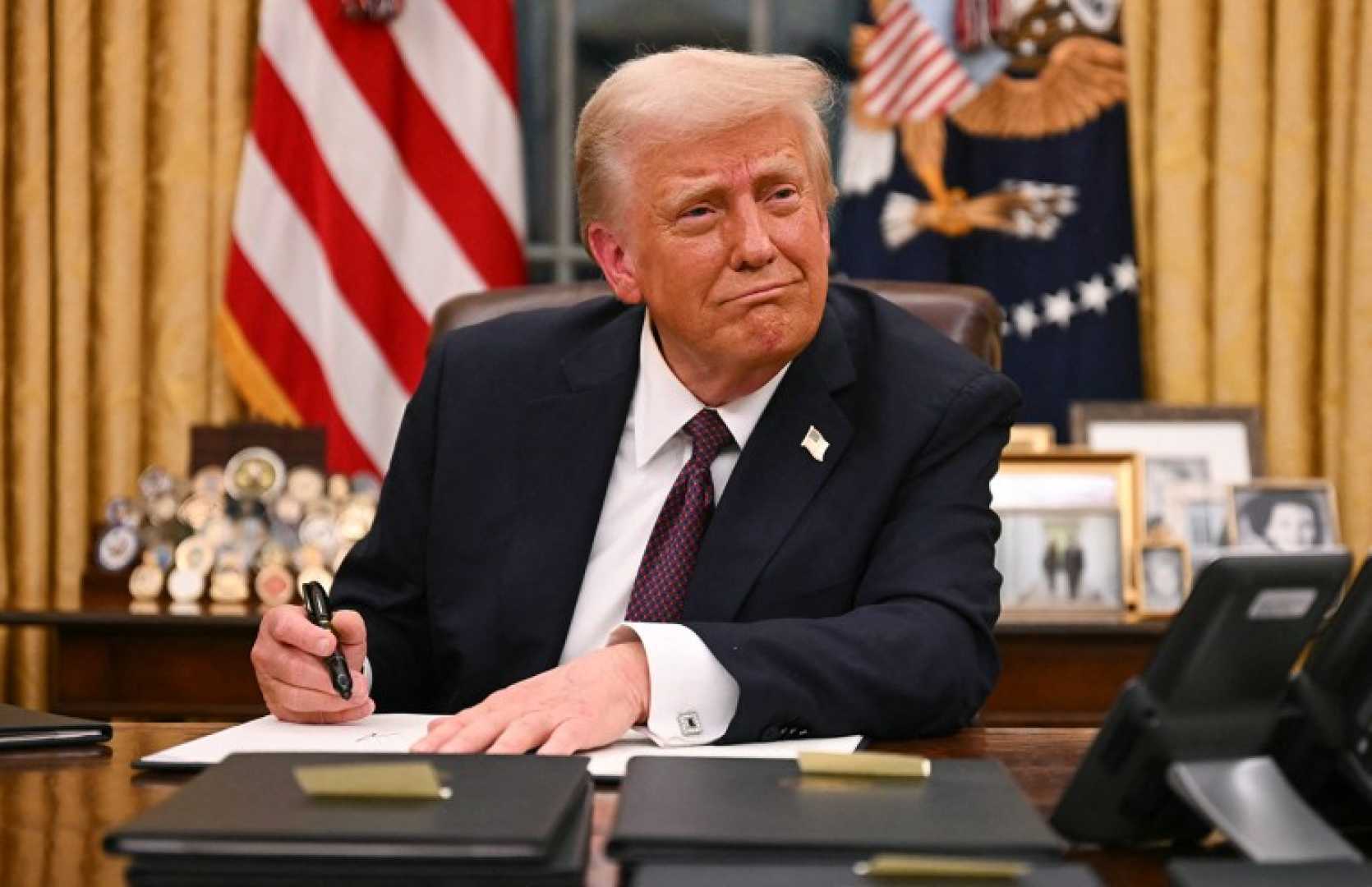Politics
President Issues Executive Order Banning DEI Programs in Federal Government

WASHINGTON, D.C. — President [Name] signed an executive order on January 21, 2025, aimed at eliminating diversity, equity, and inclusion (DEI) programs across federal agencies and private sectors, citing violations of civil rights laws and threats to national unity.
The order, which revokes several previous executive actions, mandates the termination of all race- and sex-based preferences in federal hiring, contracting, and grant programs. It also directs agencies to enforce civil rights laws more rigorously and to combat DEI practices in the private sector.
“Hardworking Americans who deserve a shot at the American Dream should not be stigmatized, demeaned, or shut out of opportunities because of their race or sex,” the order states. It accuses DEI programs of undermining merit-based systems and fostering identity-based discrimination.
The order specifically revokes Executive Orders 12898, 13583, 13672, and 11246, which previously promoted diversity and inclusion in federal employment and contracting. It also targets the Office of Federal Contract Compliance Programs, instructing it to cease promoting diversity and affirmative action.
Federal contractors and subcontractors are now required to certify that their programs do not violate anti-discrimination laws. The order also calls for a review of government-wide processes to remove DEI principles from acquisition, contracting, and financial assistance procedures.
In the private sector, the Attorney General is tasked with identifying and addressing discriminatory DEI practices. A report detailing enforcement strategies and potential litigation is due within 120 days.
The order does not affect lawful preferences for veterans or individuals protected by the Randolph-Sheppard Act. It also preserves First Amendment rights, allowing state and local governments, contractors, and educational institutions to engage in protected speech.
Critics argue that the order could reverse decades of progress in addressing systemic inequalities, while supporters claim it restores fairness and meritocracy. The White House emphasized that the order is intended to uphold civil rights laws and promote individual initiative and excellence.












